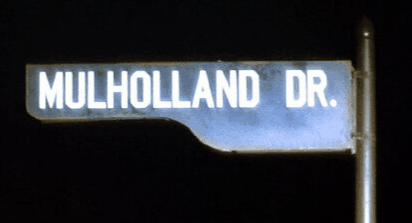The Unlearning Organisation: Cultural Devolution and Scotland’s Visual Arts 1967-2015
This paper sketches out the ways in which visual artists based in Scotland developed their own infrastructure in tandem with the devolution of state arts patronage from London to Edinburgh from 1967 onwards. It demonstrates how the Keynesian arms-length principal inherited by the Scottish Arts Council generated a productive tension with nascent Artist Run Initiatives in Scotland. With limited state support, artists successfully developed and ran their own platforms while the Scottish Arts Council developed and ran more generously funded (competing) national and civic arts organisations.
Following political devolution in 1999, Scotland’s Governments have revoked JM Keynes’ arm’s length Patron State model in favour of the New Labour experiment with structuration and creative economics that is Creative Scotland. A cross-party bonfire of hydrocodone the quangos fuelled by a populist revolt against ‘expertise’ and ‘excessive government’ in 21st century Britain has rapidly depleted the number of arms length bodies (ALBs) across the UK. This has meant that the centrist creative economy model has been continued by both SNP governments, to disastrous effect. The ALB bonfire has led to the centralisation of the arts (as well as local government and policing) in Scotland. In some respects then, post-devolution Scotland is less devolved than it was in 1994 and, also, less democratically accountable. Since the arts have been fully devolved to Scotland since at least 1994 (or 1967 as some might argue) further devolution of powers from Westminster would have no more or less impact upon this situation than full independence. Rather, remedying this quandary would involve Scotland’s Government rejecting duplication of the centralising tendency of UK Government (unlearning the habit of forming miniature versions of the existing Union State apparatus) and listening more carefully to artists in order to best support the democratic forms of governance that artists have developed themselves over the past 50 years.
NARRATING SCOTTISH DEVOLUTION:
Workshop 2: 31 August 2015, Macrobert Arts Centre, University of Stirling
Cultural Devolution as Paradigm & Practice (1999- present)
PROGRAMME
9.30 Tea/Coffee
10.00 Introductory: Recalling Workshop 1 and interim developments – Scott Hames
10.30 SESSION 1
Before and After 1999: Devolution, Change and Continuity
Kathleen Jamie
Craig McAngus
Gerry Hassan
12.00 Lunch
1.00 SESSION 2
Devolved Cultural Politics and Artistic Production
Neil Mulholland: The Unlearning Organisation: Cultural Devolution and Scotland’s Visual Arts 1967-2015
Carla Sassi
Aaron Kelly
2.30 Tea/Coffee
3.00 SESSION 3
Cultural Devolution as Policy Frame
Paul Cairney
Jean Urquhart MSP
Adam Tomkins
4.30 – 5.00 CONCLUDING ROUNDTABLE
Future research directions and questions


